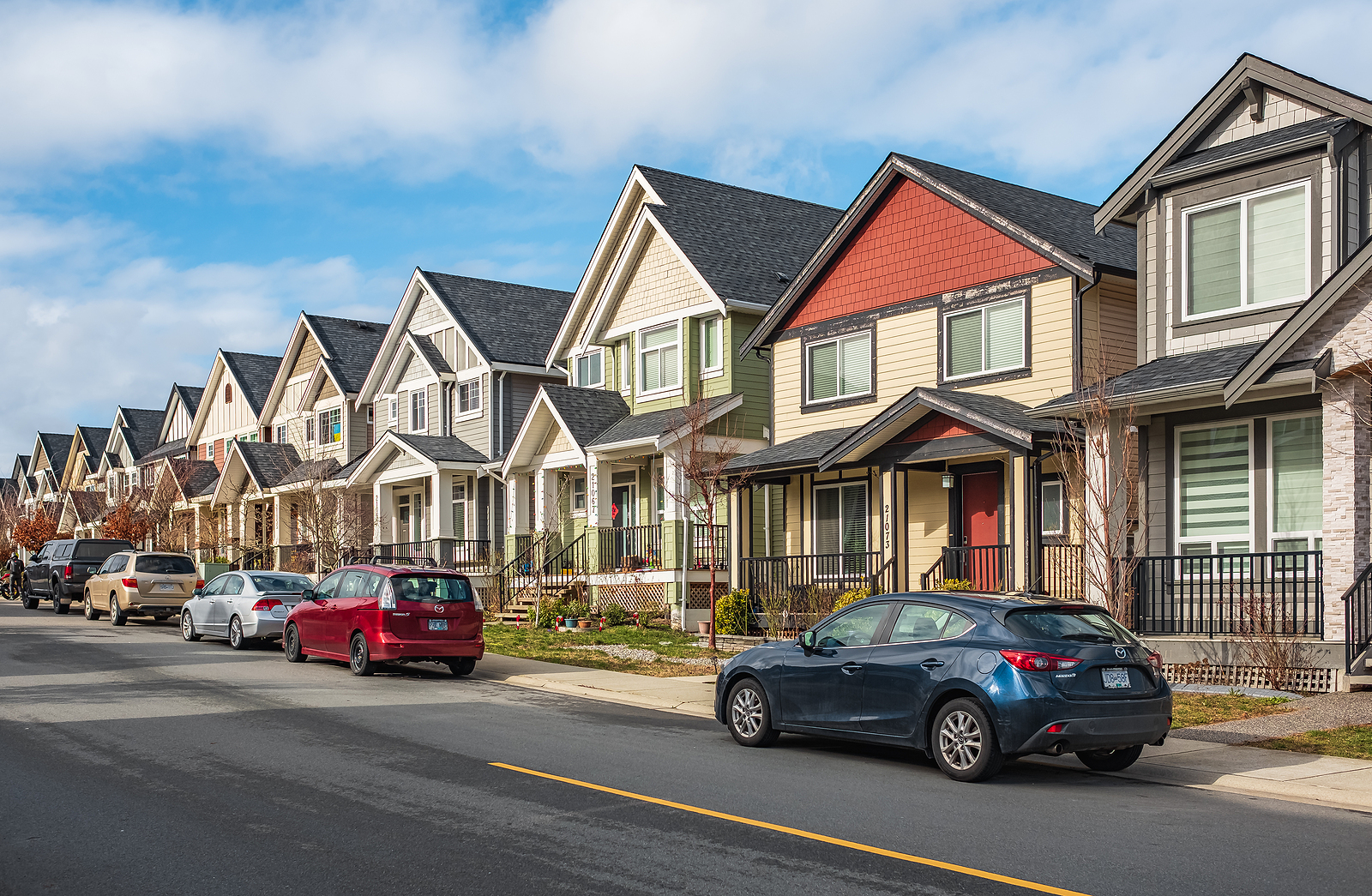Buying a home is an exciting and significant milestone in one’s life. In fact, it can be so exciting that many homebuyers are solely attracted to the cosmetics of a home or another hot button on their wish list and neglect performing due diligence.
Due diligence, by the way, refers to the process of conducting thorough research, inspections, and assessments to verify the property’s condition and evaluate any associated risks.
Today we dive into what due diligence entails when purchasing a home, providing you with valuable insights to make informed decisions and avoid potential pitfalls.
Understanding due diligence
You’ll have several opportunities along the way to closing to gather information and assess whether the home meets your expectations and aligns with your financial goals.
Due diligence typically occurs after the seller accepts your offer but before closing the sale. Some duties are routine, such as the professional home inspection, seller disclosures, HOA documents, appraisal, and title search.
You must learn all you can about the home before closing. Anything that pops up after that will be your responsibility to remedy.

The importance of inspections
One vital component of due diligence is conducting a professional home inspection. A qualified inspector to thoroughly evaluate the property can uncover potential issues that may not be visible to the untrained eye.
The inspection may cover the structure, electrical systems, plumbing, HVAC, etc. The findings from the inspection can help you make an informed decision about whether to proceed with the purchase, negotiate repairs or price adjustments, or even walk away if the issues are significant.
Keep in mind that a whole-home inspection is a visual inspection. The inspector can’t look behind walls, pipes, or floorboards. If you suspect a problem after the inspection, hire a professional specific to that problem to check it out. This might include a plumber, electrician, roofing contractor, or HVAC specialist.
Research the neighborhood
Another crucial aspect of due diligence is researching the neighborhood in which the home is located. Explore factors such as proximity to schools, parks, shopping centers, transportation, and other amenities important to you.
Additionally, research the area’s crime rates, future development plans, and any potential nuisances or restrictions that may affect your lifestyle. By understanding the neighborhood, you can determine if it aligns with your needs and preferences, ensuring your long-term satisfaction with the home.

Financial considerations
Due diligence also extends to financial aspects. This includes thoroughly reviewing the terms of the purchase agreement, understanding any contingencies, and ensuring that the property’s title is clear.
You may also want to consult a financial advisor to navigate complex financial aspects like loan terms, mortgage options, and tax implications. By conducting a comprehensive financial analysis, you can ensure that the home is a sound investment and fits within your budget.
Additional considerations
While inspections, neighborhood research, and financial analysis are crucial, due diligence can also encompass other aspects, such as:
- Reviewing homeowners association (HOA) rules and fees, if applicable.
- Assessing potential environmental concerns or hazards in the area.
- Obtaining insurance quotes and understanding coverage options.
- Checking for any pending or past litigation involving the property.
- Reviewing permits and renovations to ensure they comply with local building codes.
Due diligence is critical when buying a home, allowing you to make informed decisions and protect your investment. You gain valuable insights into the property’s condition, neighborhood, and financial considerations involved by conducting thorough research, inspections, and assessments.
Remember, while the process may involve some extra time and effort, it is a worthwhile investment in ensuring your future happiness and peace of mi






